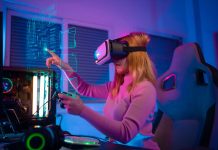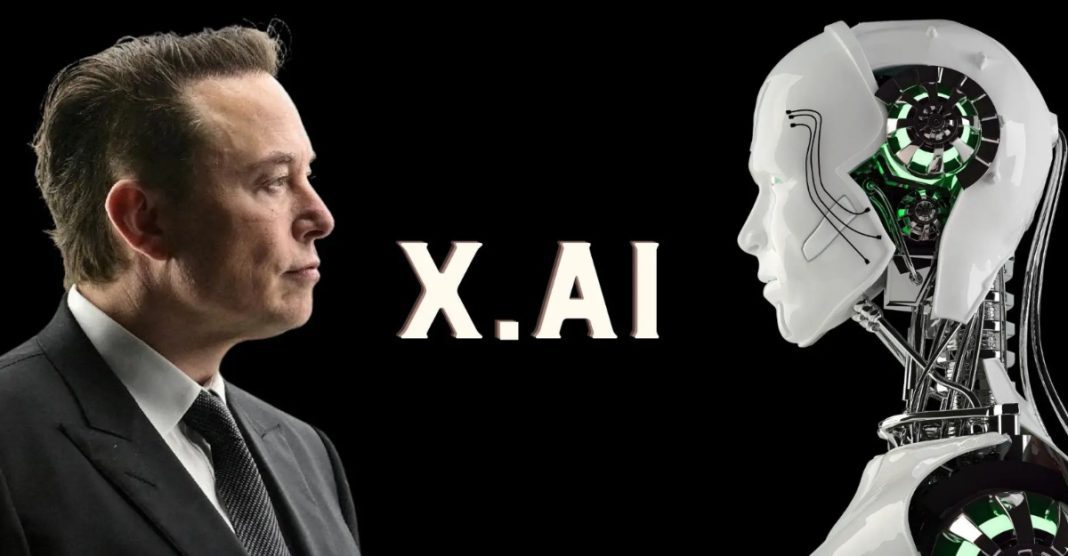Elon Musk Artificial Intelligence (AI) has been one of the most transformative technologies of the 21st century, and its impact on various industries and aspects of our daily lives is undeniable. While many tech visionaries and entrepreneurs have played significant roles in advancing AI, one name stands out prominently in both its development and ethical implications: Elon Musk. This blog will delve into the journey of Elon Musk in the world of AI, his notable contributions, and the future of AI as envisioned by him.
Elon Musk’s Fascination with AI
Elon Musk’s fascination with AI can be track back to his early days. He has repeatedly voiced his concerns about AI’s potential dangers and the need for proactive measures to ensure its safe development. Musk’s journey into AI can be summarized in several key milestones.
-
Co-Founding OpenAI
In December 2015, Elon Musk Artificial Intelligence co-founded OpenAI, an artificial intelligence research lab. The organization’s mission is to ensure that artificial general intelligence (AGI) benefits all of humanity. OpenAI aims to develop AI systems that are not only highly capable but also safe and aligned with human values.
Musk’s involvement in OpenAI was driven by his concerns about AGI development turning into a competitive race without sufficient safety precautions. By creating a cooperative research organization, he intended to foster collaboration in the Elon Musk Artificial Intelligence community and prioritize safety over competition.
-
Warning About AGI Risks
Elon Musk Artificial Intelligence is known for his outspoken warnings about the risks associate with AGI. He has repeatedly emphasized the importance of regulating AI and establishing safeguards to prevent unintended consequences. His concerns about AGI’s potential dangers have been a driving force behind his involvement in AI research and advocacy.
-
Neuralink’s Interface with AI
In addition to OpenAI, Musk’s neurotechnology company, Neuralink, has a significant connection to AI. Neuralink is focus on developing brain-computer interfaces (BCIs) to enable direct communication between the human brain and computers. While not directly an AI company, Neuralink’s work has the potential to greatly enhance Elon Musk Artificial Intelligence capabilities and open up new avenues for human-machine interaction.
Contributions to AI Development
Elon Musk’s contributions to AI development extend beyond his involvement with OpenAI. Tesla, the electric vehicle and energy company he co-founded, has also played a crucial role in advancing AI technology, particularly in the realm of autonomous driving.
-
Tesla’s Autopilot and Full Self-Driving (FSD)
Tesla’s Autopilot and Full Self-Driving (FSD) features have pushed the boundaries of what is possible in AI-driven transportation. These systems utilize advanced machine learning algorithms, computer vision, and neural networks to enable semi-autonomous and potentially fully autonomous driving.
While Tesla’s approach to self-driving has faced both acclaim and criticism, it undeniably represents a significant milestone in Elon Musk Artificial Intelligence integration into the automotive industry. Elon Musk’s vision for FSD is to make it safer than human driving and revolutionize transportation.
-
AI Hardware Development
Apart from AI software, Musk’s companies have also ventured into AI hardware development. Tesla, for instance, has developed its custom AI hardware, known as the “Hardware 3” or “FSD Computer.” This dedicate AI chip is design to accelerate the neural network processing required for autonomous driving, making it a crucial component of Tesla’s self-driving technology.
AI and Energy Sustainability
Elon Musk’s interests in AI extend beyond just self-driving cars and research. He sees AI as a tool that can be instrumental in addressing global challenges, such as climate change and energy sustainability.
-
SolarCity and Solar Energy
Musk’s renewable energy company, SolarCity (now merged with Tesla), leverages AI and machine learning to optimize the generation and consumption of solar energy. AI algorithms help predict energy consumption patterns, enabling better energy management and reducing reliance on fossil fuels.
-
Grid-Scale Energy Storage
Tesla’s development of energy storage solutions, such as the Powerwall and Powerpack, also benefits from AI technology. These energy storage systems utilize AI for predictive maintenance, energy optimization, and grid stability. By integrating AI into energy storage, Musk’s companies contribute to the transition to clean and sustainable energy sources.
The Ethical Side of Elon Musk Artificial Intelligence Advocacy
Elon Musk’s advocacy for responsible AI development and his warnings about its potential risks have sparked important ethical discussions within the AI community and beyond.
-
OpenAI’s Commitment to Safety
OpenAI’s Charter, released in April 2018, outlines the organization’s principles, including a strong commitment to long-term safety. It emphasizes the importance of avoiding competitive races in AGI development that could compromise safety. This proactive stance on safety aligns with Musk’s concerns about the risks associated with AGI.
-
Public Good vs. Competitive Advantage
Musk has consistently argued against AI development becoming a competitive race without proper safety precautions. His push for collaboration and the sharing of AI safety research is root in the belief that AGI should benefit all of humanity, rather than being monopolized or weaponized.
-
Ethical Considerations in Neuralink
While Neuralink primarily focuses on neurotechnology, the interface between AI and the human brain raises important ethical questions. Musk has acknowledged the need for ethical safeguards in brain-computer interfaces to ensure privacy and security, which is crucial in AI-BCI integration.
The Future of Elon Musk Artificial Intelligence
Elon Musk’s vision for the future of AI is shaped by his desire to ensure its safe and responsible development. Here are some key aspects of his vision:
- Safe AGI Development: Musk’s primary goal is to ensure that AGI development is carry out safely and with humanity’s best interests in mind. He emphasizes the importance of research that focuses on AGI’s long-term safety and security.
- Collaboration and Openness: Musk advocates for AI research and development to be collaborative and open, with organizations working together to address common challenges and share safety research.
- Ethical AI Integration: In the context of Neuralink, Musk emphasizes the importance of ethical considerations and safeguards in the integration of AI with the human brain, promoting privacy and security.
- Addressing Global Challenges: Musk sees AI as a powerful tool in addressing global challenges such as climate change and energy sustainability. He envisions AI being used to optimize energy systems and accelerate the transition to renewable energy sources.
Conclusion
Elon Musk’s journey into the world of artificial intelligence has mark by a deep concern for its potential risks and an unwavering commitment to its responsible development. Through his involvement with OpenAI, Tesla, and Neuralink, Musk has contributed significantly to AI research, safety, and hardware development.
While some of his ideas and approaches have been met with debate and criticism, his impact on the Elon Musk Artificial Intelligence landscape is undeniable. Elon Musk’s vision for AI prioritizes long-term safety, collaboration, and ethical considerations, which are essential principles for shaping the future of AI for the benefit of humanity. As AI continues to advance, Musk’s influence on the ethical and safety aspects of its development will likely remain a prominent force in the field.
































